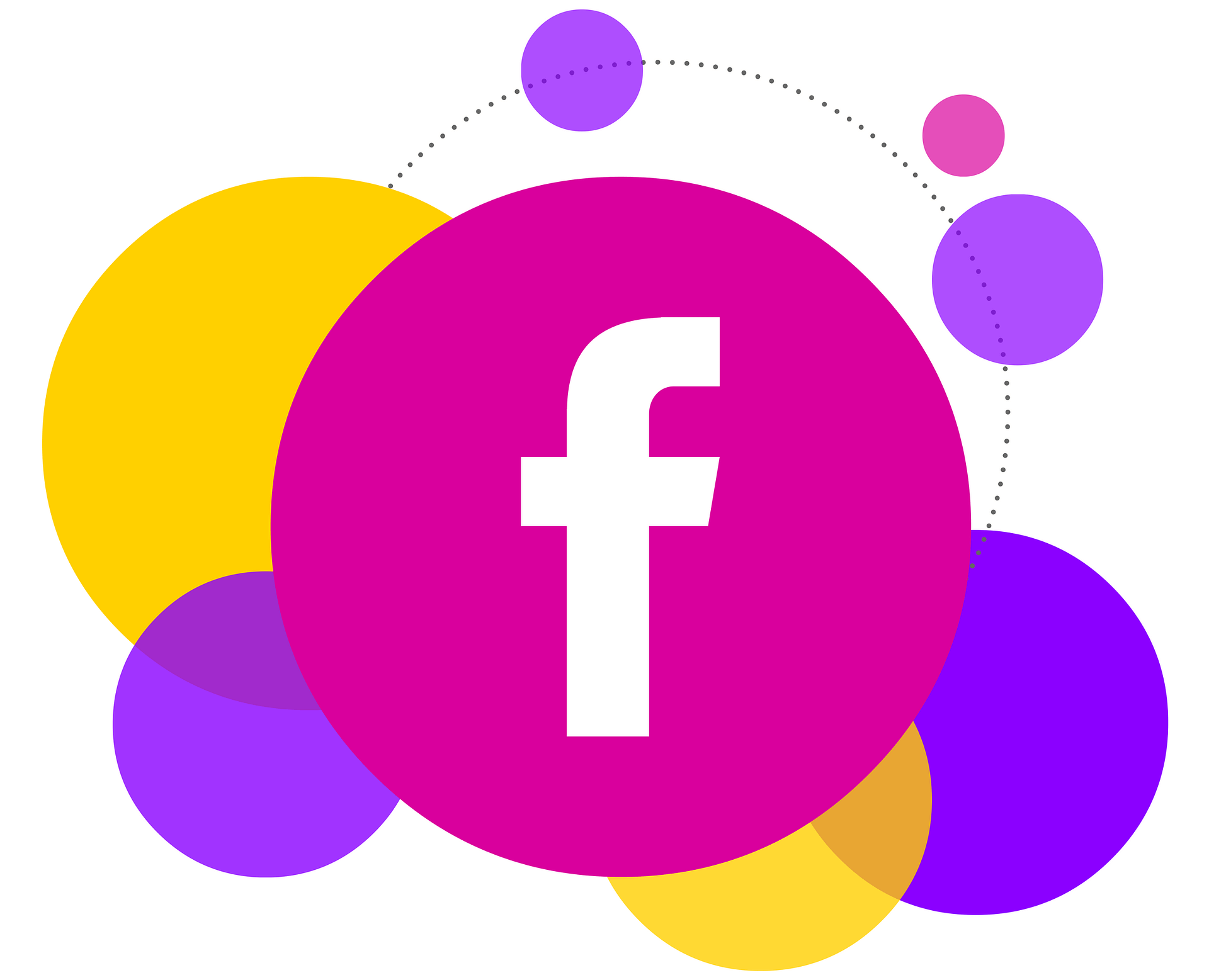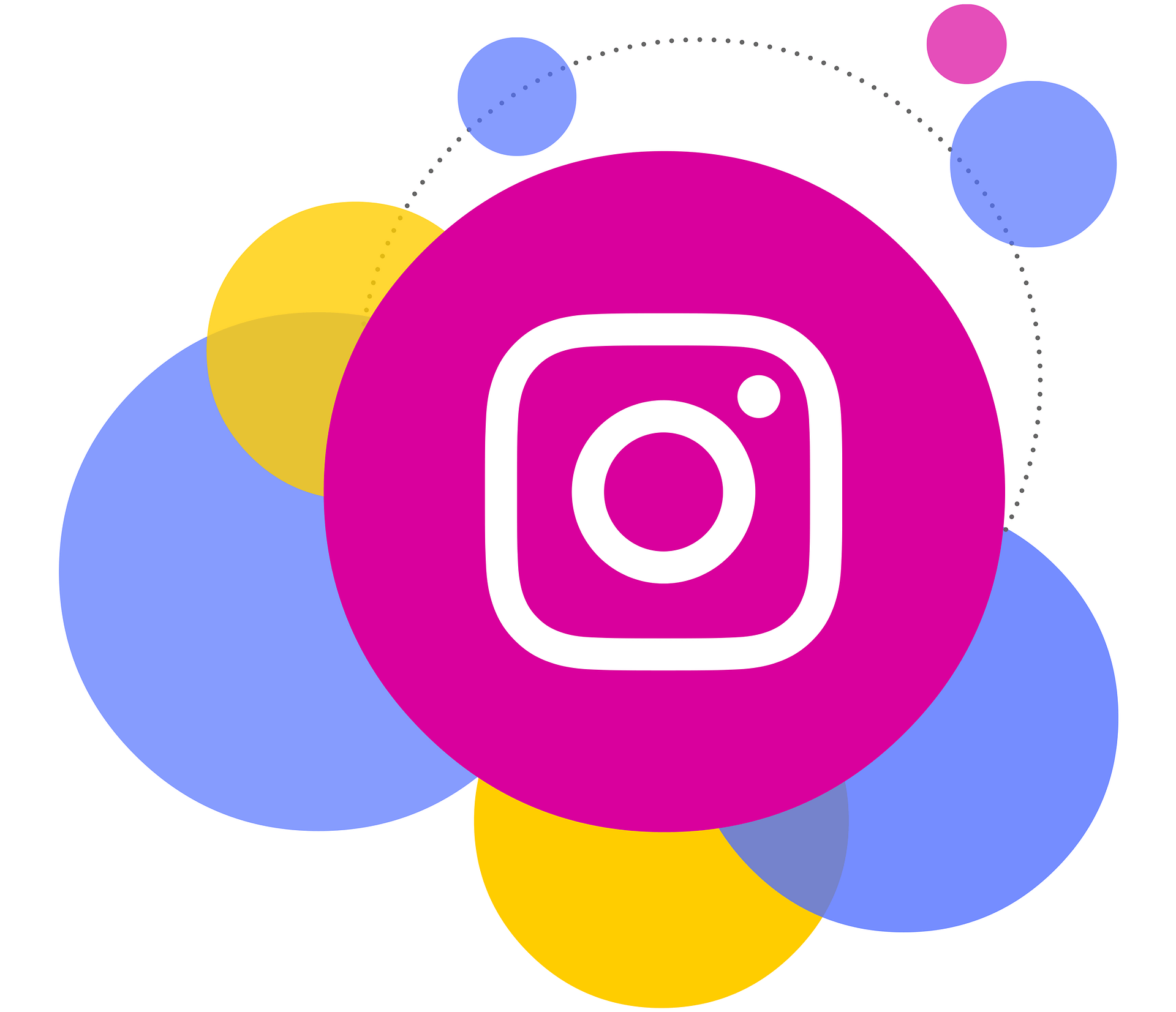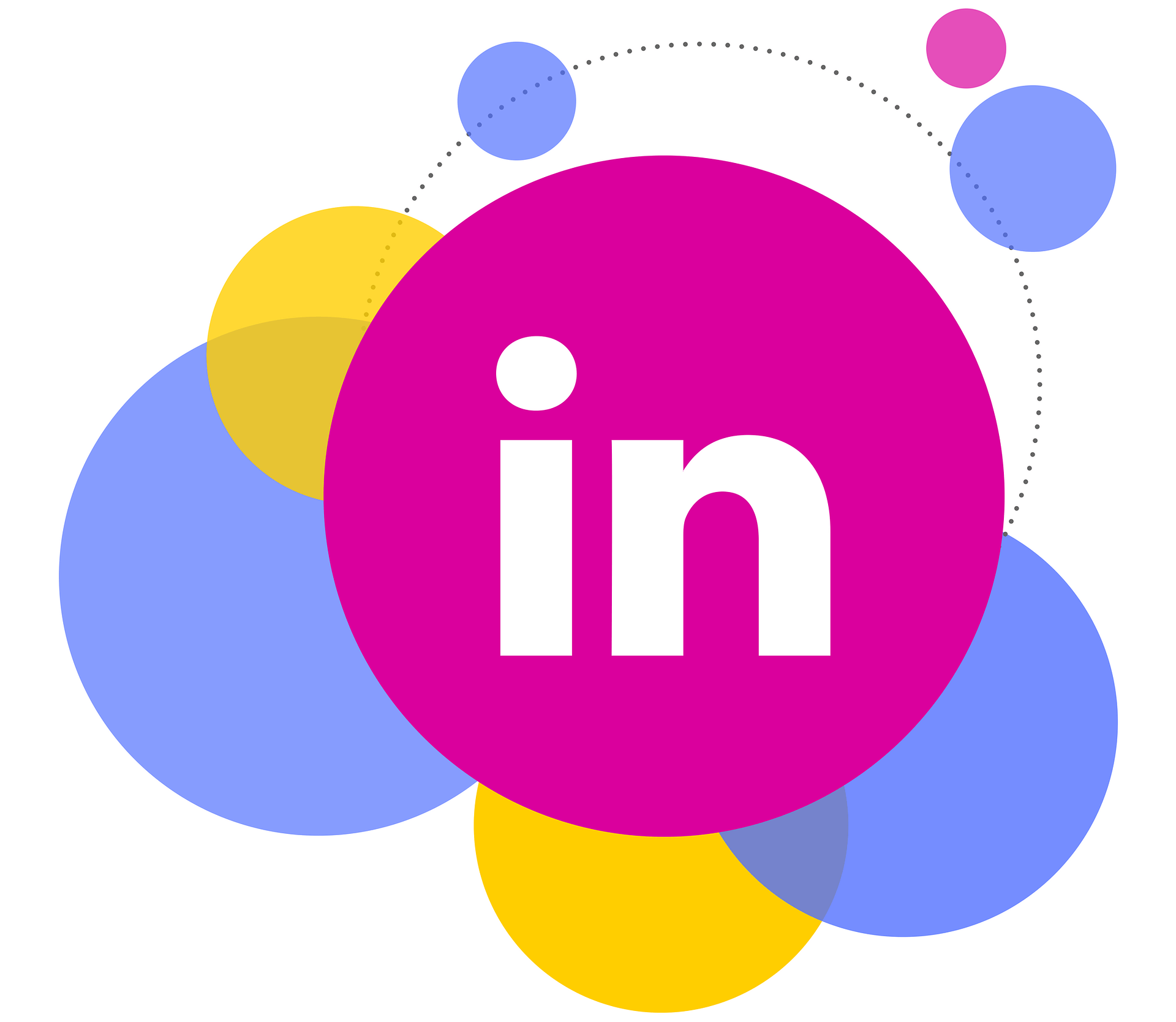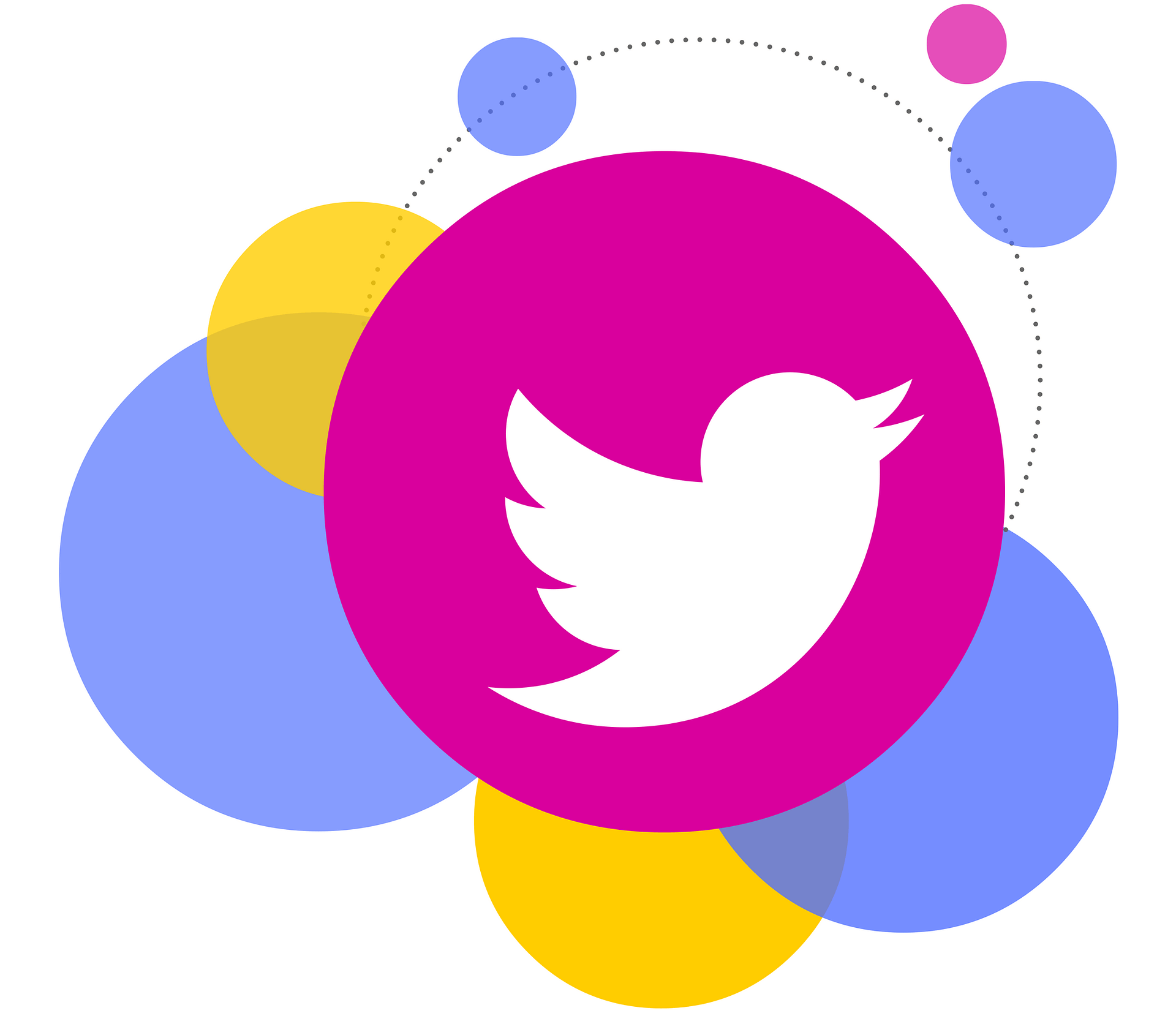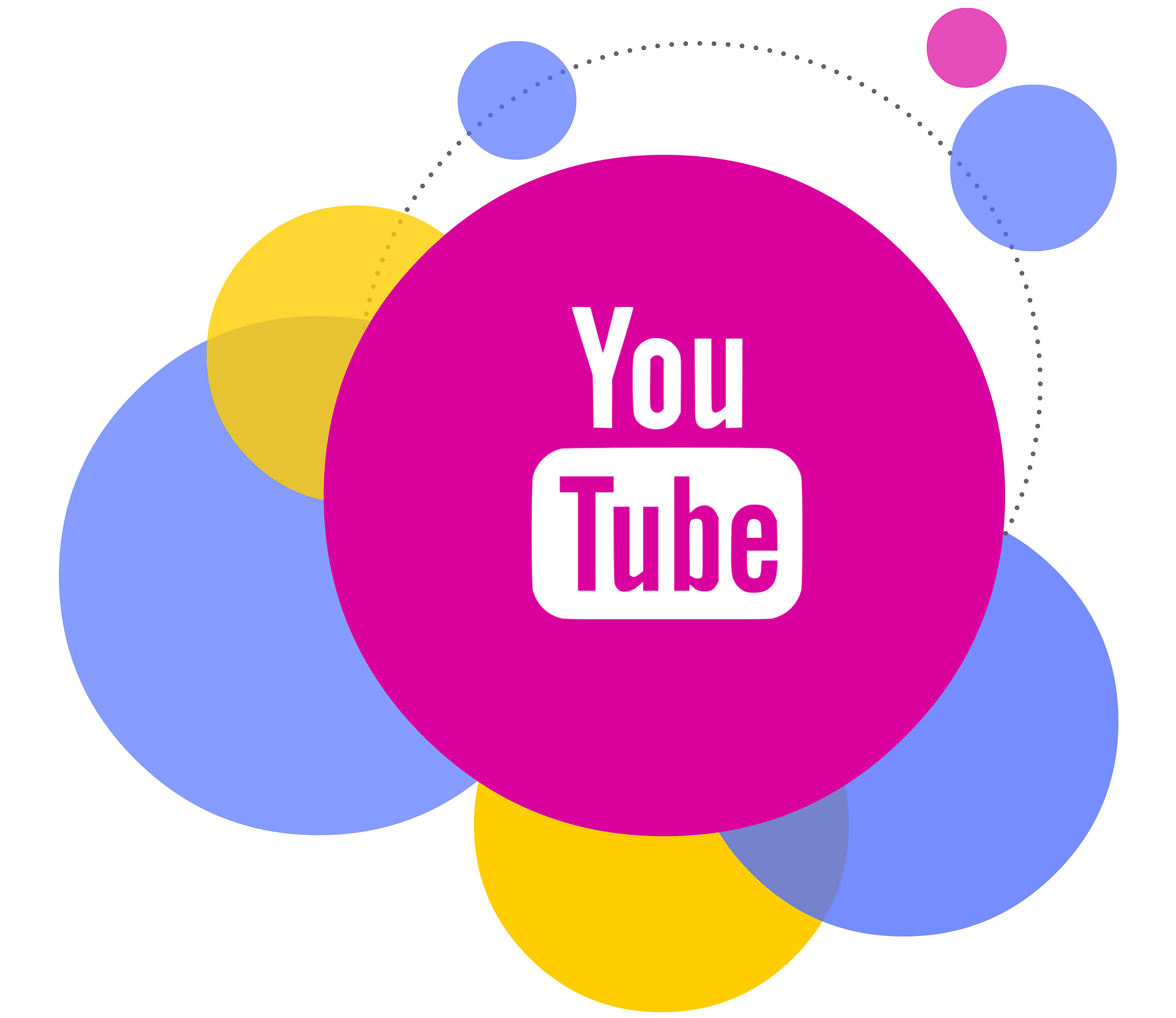Facebook is an incredibly powerful marketing tool. You’ve no doubt heard this already.
It is, after all, the world’s largest social network, and one which enables heretofore unheard-of avenues of communication. Never before have businesses been able to reach their customer base so easily, and on so intimate a level.
Facebook marketing refers to creating—and actively using—a Facebook page as a communications channel to maintain contact with and attract customers. Facebook actively provides for this, allowing users to create individual profiles or business pages for companies, organizations, or any group attempting to develop a fan base for a product, service, or brand.

